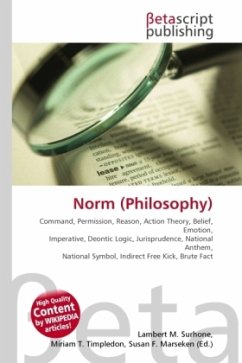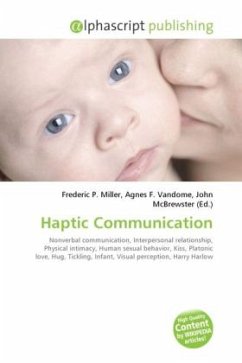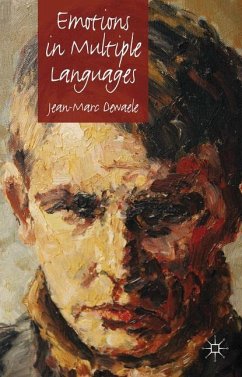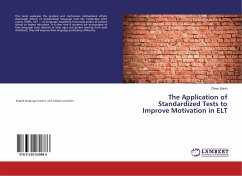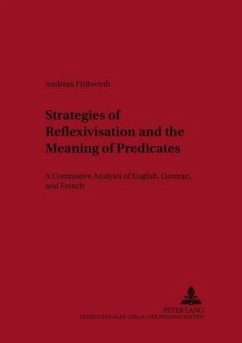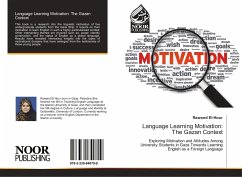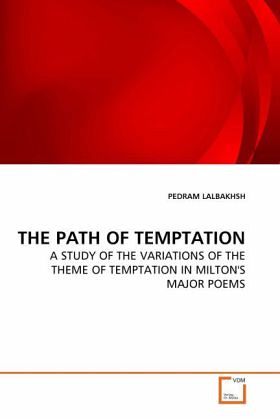
THE PATH OF TEMPTATION
A STUDY OF THE VARIATIONS OF THE THEME OF TEMPTATION IN MILTON'S MAJOR POEMS
Versandkostenfrei!
Versandfertig in 6-10 Tagen
32,99 €
inkl. MwSt.

PAYBACK Punkte
16 °P sammeln!
Human behavior is determined by the way s/he responds to stimulators that arouse desires. Temptation is an attempt to arouse a desire in human being and push her/him toward a certain behavior which is always immoral and wrong. But a thorough study of the theme of temptation in a literary work should include a study of its psychological aspects too. The present study is a psychological approach to the theme of temptation in Milton's major poems. While this study discusses the nature and function of temptation in detail, it elaborates on the variations of the theme of temptation in five major po...
Human behavior is determined by the way s/he responds to stimulators that arouse desires. Temptation is an attempt to arouse a desire in human being and push her/him toward a certain behavior which is always immoral and wrong. But a thorough study of the theme of temptation in a literary work should include a study of its psychological aspects too. The present study is a psychological approach to the theme of temptation in Milton's major poems. While this study discusses the nature and function of temptation in detail, it elaborates on the variations of the theme of temptation in five major poems of Milton: The Mask , Lycidas , Paradise Lost, Paradise Regained and Samson Agonistes. The way Milton deals with the theme of temptation demonstrates the growth of the poet's mind and attitude toward temptation and its presence in life and art. To Milton,Temptation is a phenomenon which can lead human beings to ruin or victory. Yet, the determining factor in this process is man's abilityto use and benefit from his power of reasoning.



